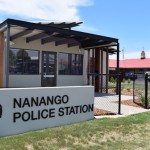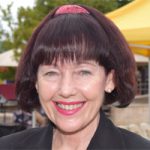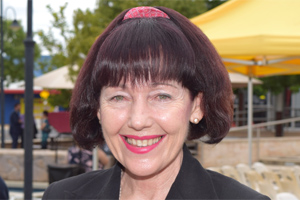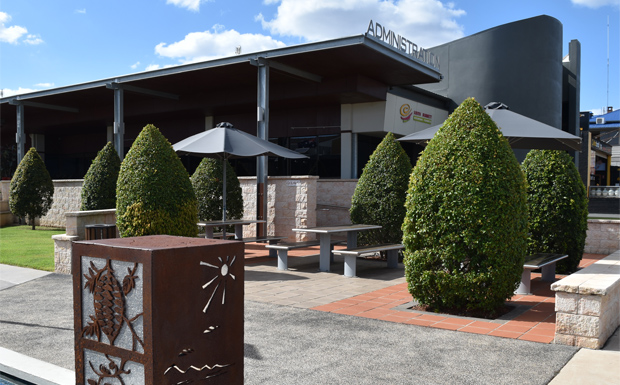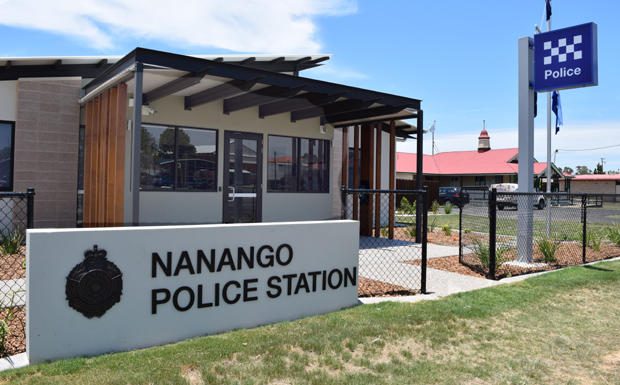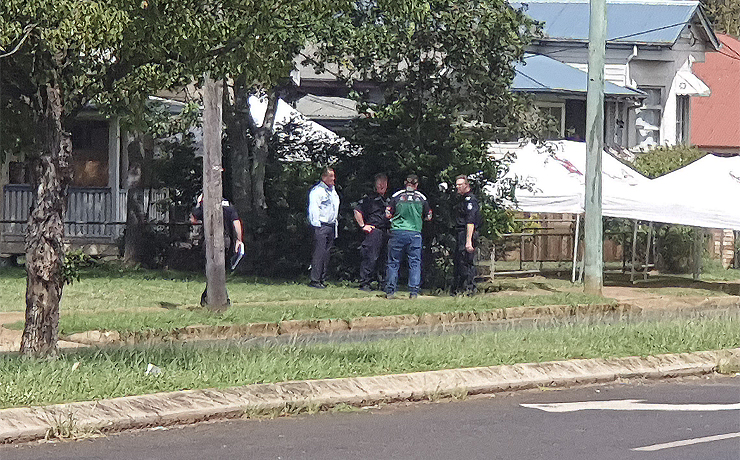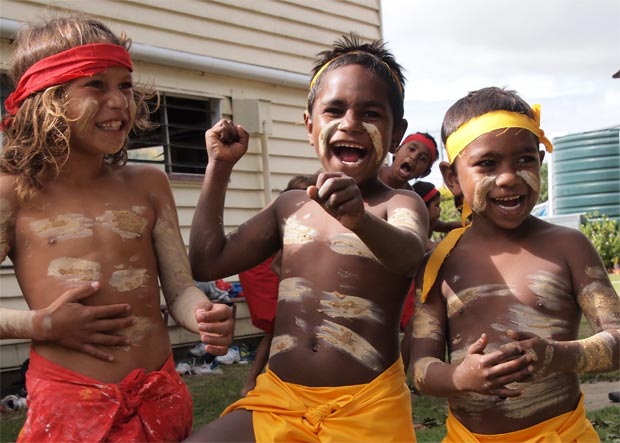
June 14, 2012
A Cherbourg mum was surprised when her young children began to question her about their family and the town’s history.
They asked her every day … so she turned off the TV, sat them down and told them all she knew.
It’s this type of conversation that Cherbourg State School principal Peter Sansby hopes will happen on a more regular basis since his school began to arm all its children with a knowledge of Aboriginal history and customs.
Each week they spend at least two hours at the Indigenous Education Centre speaking with local teachers Frank Malone, Martina Jacobs, Sophia Jacobs and Myra Duncan.
“It’s great for building a strong self-identity,” Mr Sansby said.
“It will instil self-pride and confidence; give them a deeper understanding of their culture, heritage and history and arm them against potential racial prejudice in the future.
“They’ll have the knowledge and understanding to combat people’s ignorance with facts and historical details.”
The children learn about significant historical events, how Cherbourg was formed, conditions older relatives lived under, significant sites, men’s business, women’s business and much more.
“It’s a warts and all education,” Mr Sansby said.
The program began at the start of the year and the feedback from parents has been strong.
The children are feeling a greater connection to Cherbourg’s past and present, their ancestors and the school.
Research has shown this is vital to a child’s future mental well-being.
A “school connectedness gauge” shows the degree a child feels attached to their school as a predictor for whether they will develop mental health problems such as depression and anxiety that could lead to greater behavioural problems in the future.
“What we’re doing with this cultural-history program is trying to instil a sense of respect for the past and an understanding within the children of what their elders were forced to go through,” Mr Sansby said.
“You’ve got to know where you’ve come from to know where you’re going.
“I believe this program is giving our children a sense of belonging; an understanding of where they fit into the larger scheme of things and that’s important for their future happiness.”
Other schools and educational regions are now beginning to follow the progress of the program.
The Indigenous Education Centre teachers are now being asked to talk at workshops about their teaching and the differences they’re seeing in children.
“I think we’ve struck on something the community has wanted for a long time and we’re now providing it,” Mr Sansby said.
“I believe it will allow for our children to lead happier lives and make for a stronger, smarter, safer community.”
[Photo: Marcus Priaulx]







